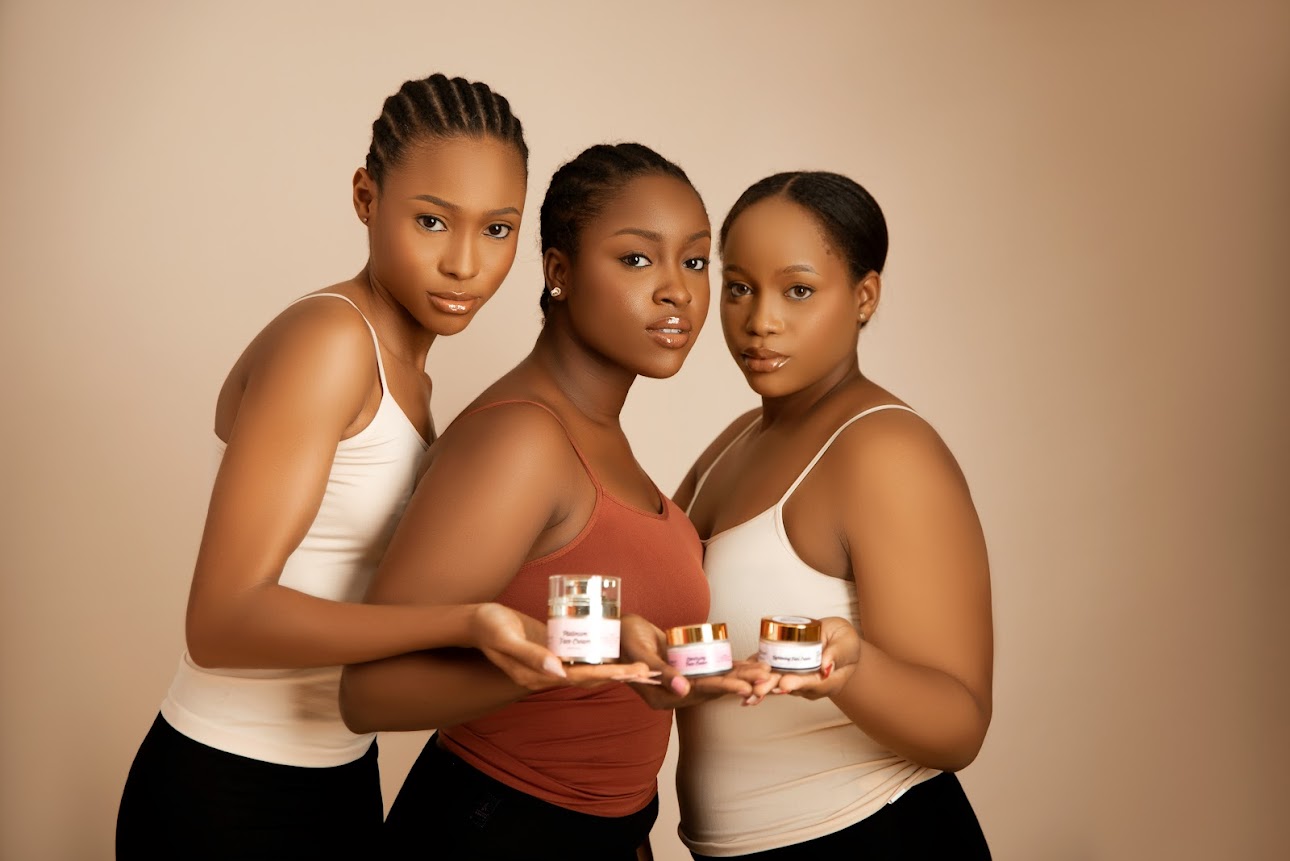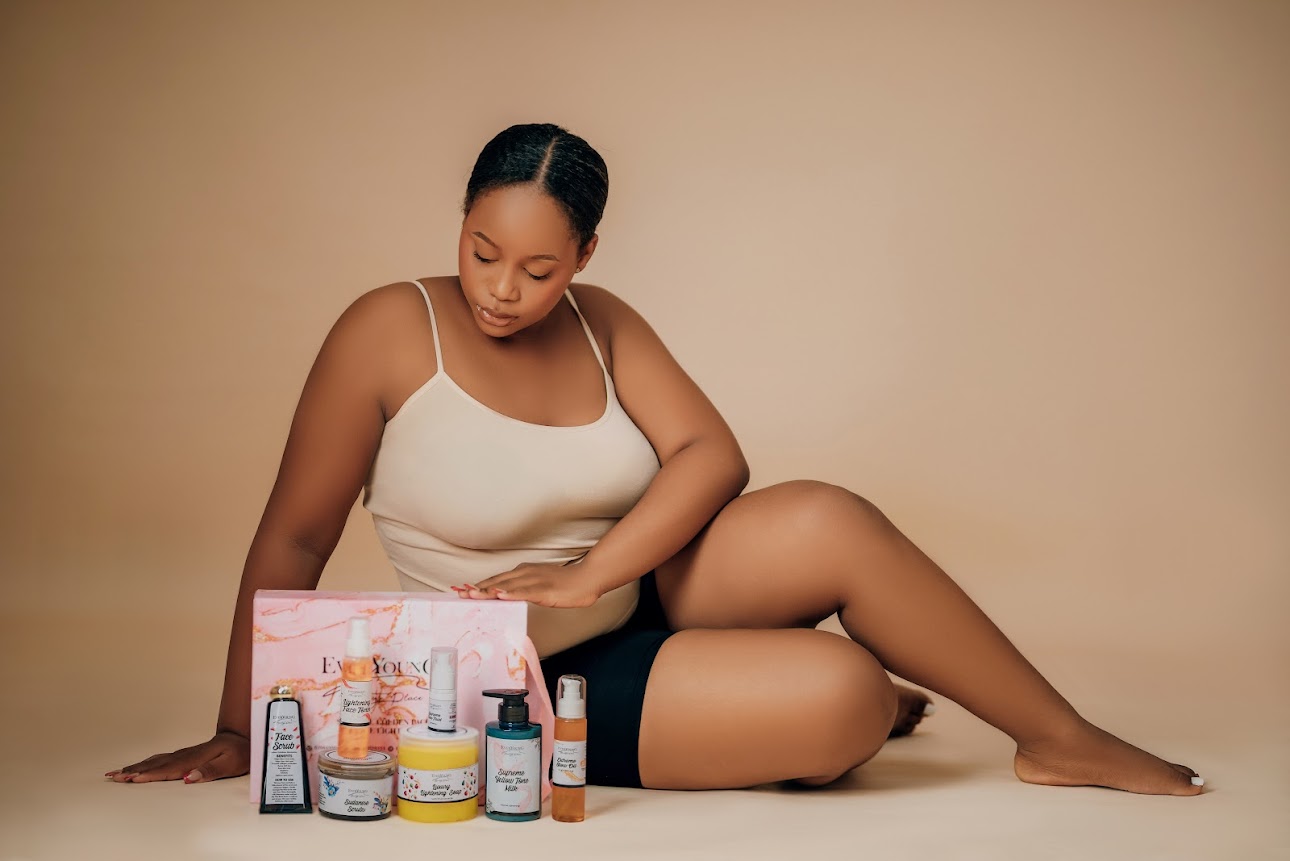Skincare has become a vital part of our daily routine, with many people seeking glowing, healthy skin. But what exactly is skincare, and how does it work to improve the condition of your skin? This blog breaks down the essentials of skincare, explaining its importance, the various steps involved, and how each product contributes to healthier skin.
What Is Skincare?
At its core, skincare refers to the practices and products used to support the skin’s health, appearance, and function. It includes a wide range of routines and treatments designed to cleanse, hydrate, protect, and treat the skin. While some people approach skincare as a way to address specific concerns—like acne, aging, or hyperpigmentation—others incorporate it as part of their overall self-care and wellness routine.
The skin is the body’s largest organ, serving as a protective barrier against environmental factors like UV rays, pollution, and bacteria. A proper skincare routine not only keeps your skin looking radiant but also ensures it remains healthy, resilient, and capable of performing its critical functions.
Why Is Skincare Important?
Skincare is more than just aesthetics—it’s about maintaining the skin’s health over time. Good skincare can help prevent common issues such as dryness, premature aging, and breakouts, while treating and minimizing existing concerns. By consistently nourishing and protecting the skin, you’re investing in its long-term well-being.
Some key benefits of skincare include:
- Protection from environmental damage: Proper skincare can protect your skin from harmful UV rays, pollution, and free radicals that accelerate aging and cause damage.
- Moisturization and hydration: Keeping the skin hydrated is essential to maintaining its elasticity and preventing dryness, flakiness, or irritation.
- Treatment of skin concerns: Targeted skincare can address specific problems like acne, dark spots, wrinkles, and uneven texture.
- Prevention of skin issues: By using the right products, you can prevent potential problems like clogged pores, sunburns, and inflammation.
How Does Skincare Work?
The efficacy of skincare products relies on understanding your skin’s needs and using products that are specifically formulated to meet those needs. Each skincare product has a purpose and plays a role in supporting or improving the skin’s natural processes. Here’s how skincare works, broken down into essential steps:
1. Cleansing: Removing Dirt and Impurities
Cleansing is the foundation of any skincare routine. Throughout the day, your skin accumulates dirt, oil, makeup, and environmental pollutants that can clog pores and lead to breakouts. Cleansers work by breaking down and removing these impurities, keeping your skin clean and fresh. Depending on your skin type, you may choose a gentle, hydrating cleanser or one that’s more targeted for oily or acne-prone skin.
How it works: Cleansers contain surfactants that bind to oil, dirt, and makeup, allowing them to be easily rinsed off without stripping the skin of essential moisture.
2. Exfoliation: Removing Dead Skin Cells
Exfoliation involves removing dead skin cells that accumulate on the skin’s surface, which can make your complexion look dull and lead to clogged pores. Exfoliating once or twice a week helps to brighten the skin, promote cell turnover, and keep the skin smooth.
How it works: There are two types of exfoliants—physical and chemical. Physical exfoliants contain tiny particles that manually slough off dead skin, while chemical exfoliants use acids (such as AHA or BHA) to dissolve dead skin cells and encourage regeneration.
3. Toning: Balancing and Prepping the Skin
After cleansing, toners help restore the skin’s natural pH balance, which may become disrupted during washing. Toners also remove any leftover traces of dirt or makeup and prep the skin for better absorption of the next skincare steps.
How it works: Toners often contain hydrating, soothing, or exfoliating ingredients that penetrate the skin more deeply than a cleanser, setting the stage for more intensive treatment products like serums and moisturizers.
4. Moisturizing: Hydrating and Strengthening the Skin Barrier
One of the most important steps in skincare is moisturizing. Regardless of your skin type, keeping the skin hydrated is crucial. Moisturizers provide necessary hydration and lock in moisture to maintain the skin’s protective barrier. This prevents water loss, which can lead to dryness and irritation.
How it works: Moisturizers contain ingredients like humectants (which draw moisture into the skin), emollients (which smooth and soften), and occlusives (which form a protective layer to prevent moisture from escaping). These ingredients work together to keep the skin hydrated and plump.
5. Sunscreen: Protecting from UV Damage
Sunscreen is often considered the most important step in a skincare routine. UV rays from the sun can cause premature aging, dark spots, and even skin cancer. Daily sunscreen application prevents these harmful effects and keeps your skin looking youthful.
How it works: Sunscreens contain either chemical filters (which absorb UV rays and convert them into harmless heat) or physical blockers like zinc oxide or titanium dioxide (which reflect UV rays away from the skin). SPF (Sun Protection Factor) measures how well the sunscreen protects your skin from UVB rays.
6. Serums: Targeted Treatment for Specific Concerns
Serums are highly concentrated liquids designed to target specific skin issues like wrinkles, acne, pigmentation, or dullness. Because they contain smaller molecules, serums penetrate deeper into the skin to deliver potent active ingredients.
How it works: Depending on their purpose, serums may contain ingredients like antioxidants (to fight free radical damage), peptides (to boost collagen production), or acids (to exfoliate and brighten). These actives work at the cellular level to address specific concerns more effectively than other skincare products.
7. Eye Creams: Addressing Delicate Eye Area
The skin around your eyes is thinner and more sensitive than the rest of your face, which is why it needs specialized care. Eye creams are designed to treat issues like dark circles, puffiness, and fine lines without irritating this delicate area.
How it works: Eye creams typically contain hydrating, anti-aging, and brightening ingredients in lower concentrations to nourish the skin around the eyes without causing irritation.
Conclusion
Skincare is essential not only for enhancing the appearance of your skin but also for maintaining its health and function. Each step in your skincare routine serves a specific purpose, from cleansing away impurities to protecting against environmental damage. By understanding how skincare products work and choosing the right ones for your skin type and concerns, you can achieve a healthier, more radiant complexion over time.




Leave a comment